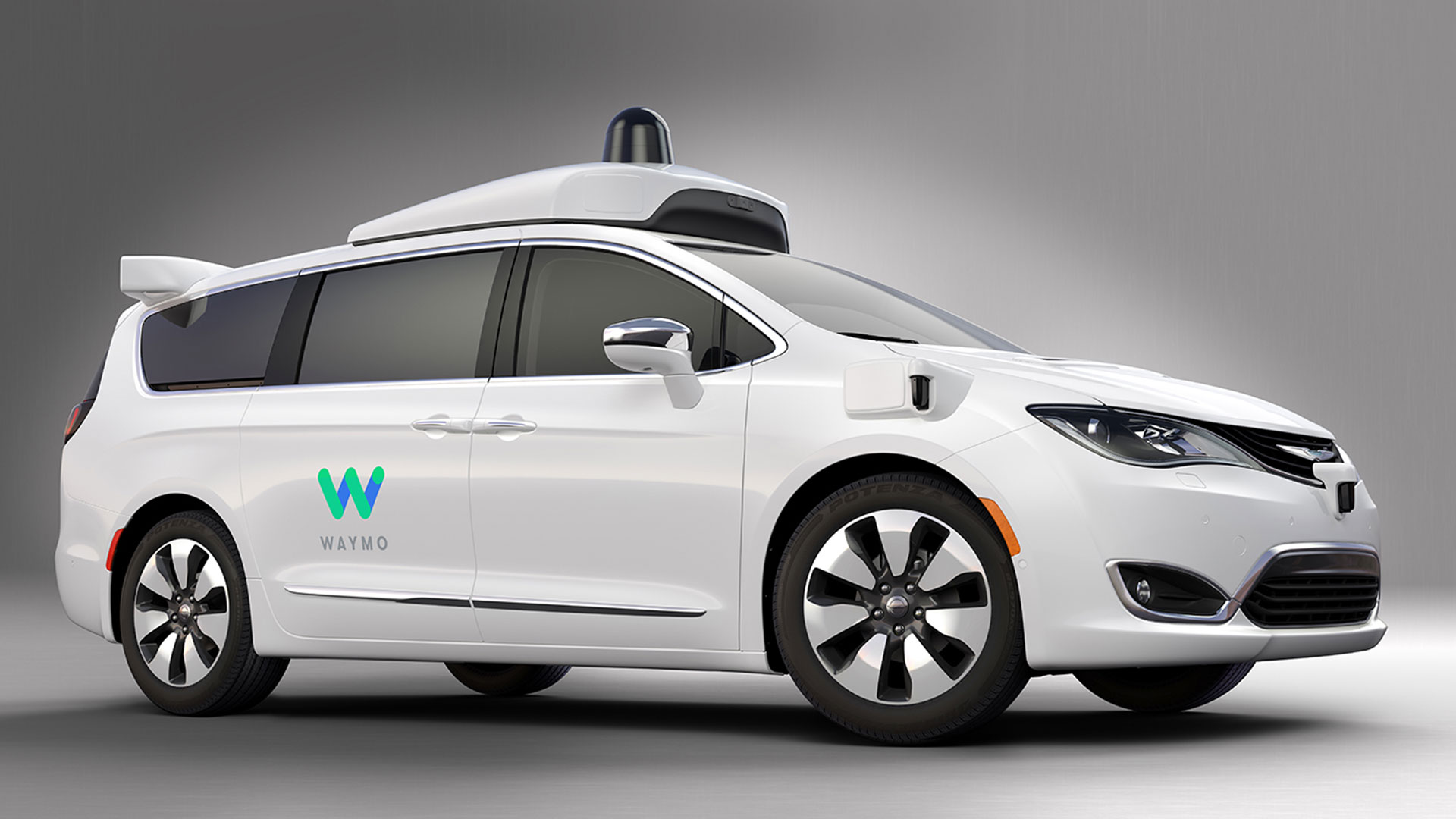

In February, California approved rules that will allow companies to test self-driving cars without human backup drivers on public roads. But so far, the state’s Department of Motor Vehicles hasn’t received any applications for the necessary permits, reports The Mercury News.
“The DMV has the authority to begin issuing driverless testing and or deployment permits for autonomous vehicles on April 2,” a spokesperson told The Mercury News. “To date, no one has applied for either permit. If we receive an application, it will be reviewed.”
The fallout from a fatal crash involving an Uber self-driving car in Arizona may be a factor. Uber has suspended all autonomous-car testing while the incident is investigated, and is expected to let its permit to test self-driving cars with human backup drivers in California lapse. Toyota and Nvidia have suspended their test programs, and Boston temporarily halted NuTonomy’s public tests (NuTonomy has since been allowed to resume testing).
But companies may also be unwilling to deal with what are likely stricter regulations. Arizona already allows completely driverless cars to be tested on its roads, and Waymo currently operates cars without human backup drivers in the state.
The former Google self-driving car project is even planning to launch a commercial autonomous ride-hailing service in Phoenix, Arizona. But a Waymo spokesperson told The Mercury News that the company hasn’t set a timeline for deploying fully-driverless cars in California.
Dozens of companies have permits to test self-driving cars in California, but the state is known to have stricter rules than neighboring Arizona, which has used autonomous-car testing as a way to stimulate its economy and position itself as a tech-industry player. Regulators face a tug of war between encouraging the development of autonomous cars, and ensuring rules are strict enough to maintain safety.